-
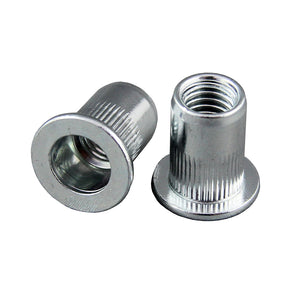 Vendor:RivetLab
Vendor:RivetLabM6 Rivet Nuts Steel IN9408-0630
Regular price From $15.40 AUDRegular price -
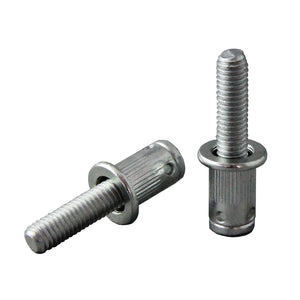 Vendor:RivetLab
Vendor:RivetLabM8 Rivstuds Steel IN-RS0830-20
Regular price From $68.75 AUDRegular price -
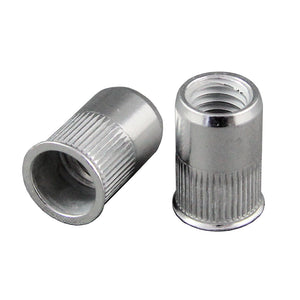 Vendor:RivetLab
Vendor:RivetLabM4 Rivet Nuts Aluminium IN79-0425
Regular price From $12.65 AUDRegular price -
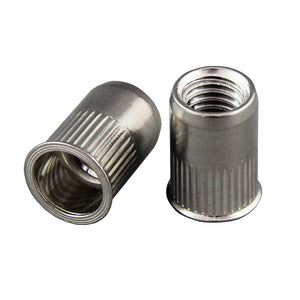 Vendor:RivetLab
Vendor:RivetLabM5 Rivet Nuts Stainless Steel IN39006S-0530
Regular price From $38.50 AUDRegular price -
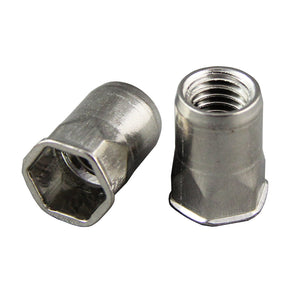 Vendor:RivetLab
Vendor:RivetLabM5 Rivet Nuts Stainless Steel IN39102-0530
Regular price From $41.25 AUDRegular price -
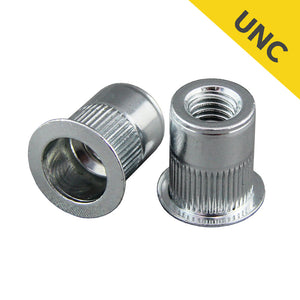 Vendor:RivetLab
Vendor:RivetLab1/4" Rivet Nuts Steel IN-YLF420-15
Regular price From $13.20 AUDRegular price -
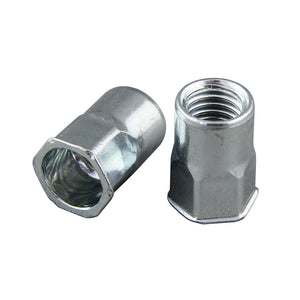 Vendor:RivetLab
Vendor:RivetLabM5 Rivet Nuts Steel IN88-0514
Regular price From $13.75 AUDRegular price -
 Vendor:RivetLab
Vendor:RivetLabM6 Well Nuts Rubber IN-RNM6200
Regular price From $41.25 AUDRegular price -
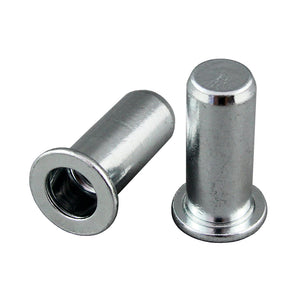 Vendor:RivetLab
Vendor:RivetLabM5 Rivet Nuts Steel IN9410-0525
Regular price From $30.25 AUDRegular price -
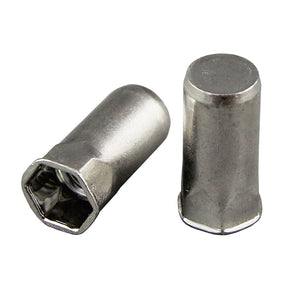 Vendor:RivetLab
Vendor:RivetLabM4 Rivet Nuts Stainless Steel IN39102-0425-CE
Regular price From $57.75 AUDRegular price -
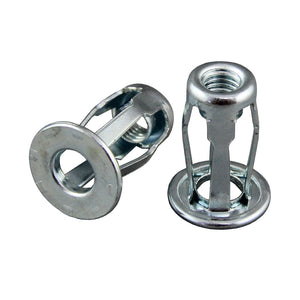 Vendor:RivetLab
Vendor:RivetLabM6 Jack Nuts Steel INJK-0601
Regular price From $46.75 AUDRegular price -
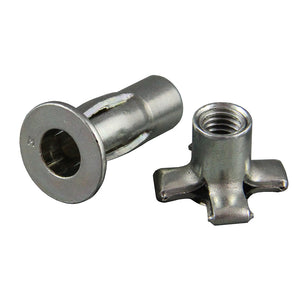 Vendor:RivetLab
Vendor:RivetLabM6 Plus Nuts Steel INPNS-0607-P
Regular price From $57.75 AUDRegular price -
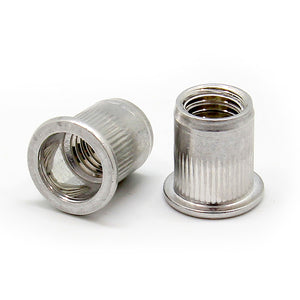 Vendor:RivetLab
Vendor:RivetLabM6 Rivet Nuts Aluminium IN78-0625
Regular price From $19.25 AUDRegular price -
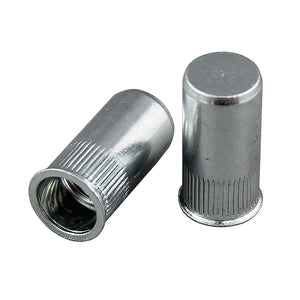 Vendor:RivetLab
Vendor:RivetLabM8 Rivet Nuts Steel IN38-M8
Regular price From $27.50 AUDRegular price -
 Vendor:RivetLab
Vendor:RivetLabM6 Rivet Nuts Aluminium IN79-0625
Regular price From $19.25 AUDRegular price -
 Vendor:RivetLab
Vendor:RivetLabM6 Rivet Nuts Stainless Steel IN-YLF06-4.2SS
Regular price From $57.75 AUDRegular price
Welcome To Our Rivet Nuts & Nutserts Collection
RivetLab supplies Australia’s most extensive range of Rivet Nuts and Nutserts. Our inventory includes steel and stainless steel nutserts and aluminium nutserts, available in sizes from M3 to M16. Additionally, we offer diverse profiles, such as large flange and low profile, and various body styles, including closed-end rivet nuts and Hex Nutserts.
Nutserts, Rivnuts, Rivet Nuts = Different Names, Same Reliable Product
While customers may refer to them differently – Nutserts, Rivnuts, or Rivet Nuts – these terms all point to the same reliable fastening product – one-piece internally threaded inserts that can be installed in sheet metal and composite material from one side to create a permanent and reusable thread. During installation, the mandrel of the rivnut tool engages the threaded part of the rivet nut. It crimps the rivet nut body (the part without thread) with a pulling action until the body grips tightly against the material being fastened.
Nutsert
Although Nutsert® is a trademark of Avdel UK Limited, it has become a generic name for any blind threaded insert with a body and flange. Nutserts are made from different materials, such as aluminium, steel, stainless steel, brass and rubber.
Rivnut
The first rivnut was created by BF Goodrich in the 1930s and sold under the trademark Rivnut®. Rivnut is now a trademark of BÖllhoff Inc., USA. Rivnuts are not only reliable fasteners but are also easy to install regardless of the thickness of the materials. In addition, they provide secured load-bearing threads into thin, soft materials such as extrusions, castings, housings, tubes, and panels.
Benefits of Using Rivet Nuts
Compared to a screw or bolt, rivet nuts are radially swelled to the shape of a hole. It also prevents the weakening of substrates due to vibration over time. Maintaining the rigidity of the joined materials is essential to joint strength and a reliable hold.
Three Benefits of Using Rivet Nuts:
- They are blind fasteners, reliable, strong, and vibration-resistant
- They form a solid foundation for other threaded fasteners or screw-in bolts
- They are the best for mass production because they feature faster and easier assembly and can help lower installation costs.
Rivet Nuts are commonly used in aerospace and agricultural equipment, medical technology, construction, automotive industry, electronic appliances, furniture assembly, HVAC, boat building, playground equipment and more.
Choosing the Correct Rivet Nut
The most crucial attribute when choosing a rivet nut is the grip range, which refers to the material thickness into which the rivet nut is inserted. Other attributes that need to be checked are hole size, material, body style, and flange/head size. Read 5 Things to Remember to Make the Most of Rivet Nuts for more information.
RivetLab supplies the most extensive range of rivet nuts to help you complete your pending job, including rivet nuts for special requirements, such as Jack Nuts, Well Nuts, Rivstuds, and Plus Nuts. We assure you that all our products have passed strict industry standards and are manufactured from strong, durable, and premium-quality materials.
Install rivet nuts effortlessly with our range of rivnut tools. Discover the perfect tool for your project from our selection.


















